About the Platform
Members of the UNESCO Future Co-Creation Platform Working Group
The UNESCO Future Co-Creation Platform Working Group comes together several times a year to share their perspectives and opinions, shaping and determining UNESCO-related activities and other output of the project. Members of the Working Group also regularly liaise with the main secretariat at the Asia-Pacific Cultural Centre for UNESCO (ACCU) to ensure smooth progression of the project and its activities. The Working Group comprises the following members:
-
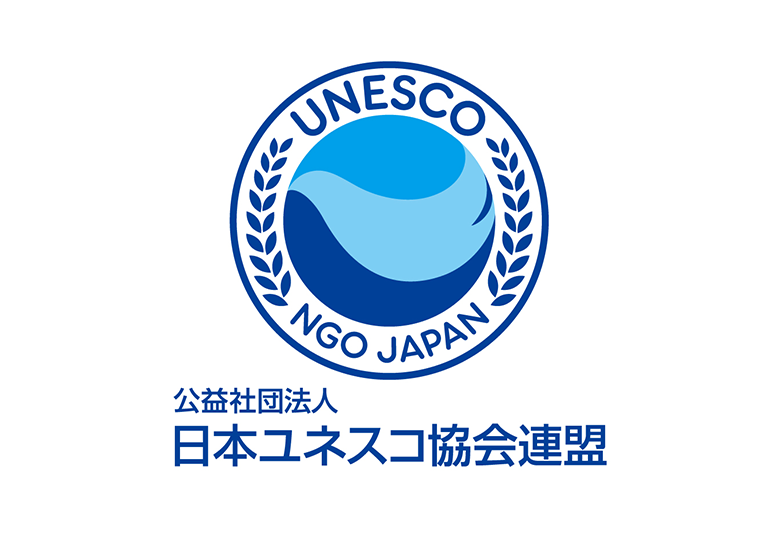
National Federation of UNESCO Associations in Japan (NFUAJ)
WebsiteThe National Federation of UNESCO Associations in Japan (NFUAJ) was established in 1948 as a non-governmental organization spearheading UNESCO grassroots activities. In line with the constitution of UNESCO, the organization aims to promote peace through education and supports the development of sustainable societies as well as efforts related to the achievement of Sustainable Development Goals (SDGs) through donations. The NFUAJ’s key activities are centred on the provision of literacy education in developing countries and aiding victims of natural disasters, namely through the World Terakoya Movement and their relief and recovery activities in education respectively. Additionally, efforts have been made to highlight the nosignificance of cultural and natural heritage and preserve them through their Heritage for the Future Movement.
-
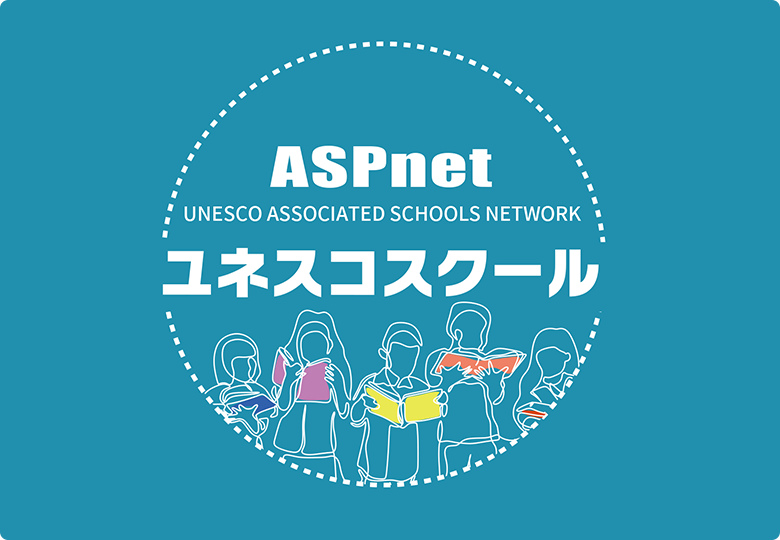
Secretariat for UNESCO Associated Schools Network (ASPnet) in Japan
WebsiteThe Secretariat for UNESCO Associated Schools Network (ASPnet) in Japan is a part of the Asia-Pacific Cultural Centre for UNESCO (ACCU) in Japan, which was established in 1971 to promote cultural and educational exchange in the Asia-Pacific region. The secretariat provides different types of support for UNESCO ASPnet member schools in Japan, which facilitate educational activities based on UNESCO’s principles. Such support assumes the form of organising training sessions, matching schools in Japan with ASPnet member schools abroad, and conducting annual reviews for members schools to reflect and improve.
-
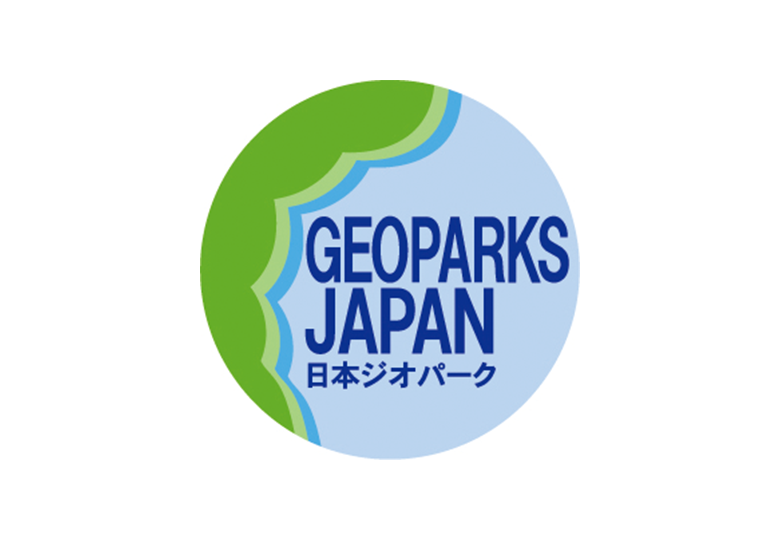
Japanese Geoparks Network (JGN)
WebsiteUNESCO Global Geoparks are single, unified geographical areas where sites and landscapes of international geological significance are managed with a holistic concept of conservation, education, and sustainable development. UNESCO Global Geoparks use geological heritage, in connection with all other aspects of that area’s natural and cultural heritage, to enhance awareness and understanding of key issues that the society is facing in the context of the dynamic planet we all live on.
The Japanese Geoparks Network (JGN) is a nonprofit organization which is a networking platform for the Geoparks in Japan. As of January 2025, the network comprises 48 regular members (including 10 UNESCO Global Geoparks), aspiring Geoparks, and supporters (encompassing individuals and organizations). -
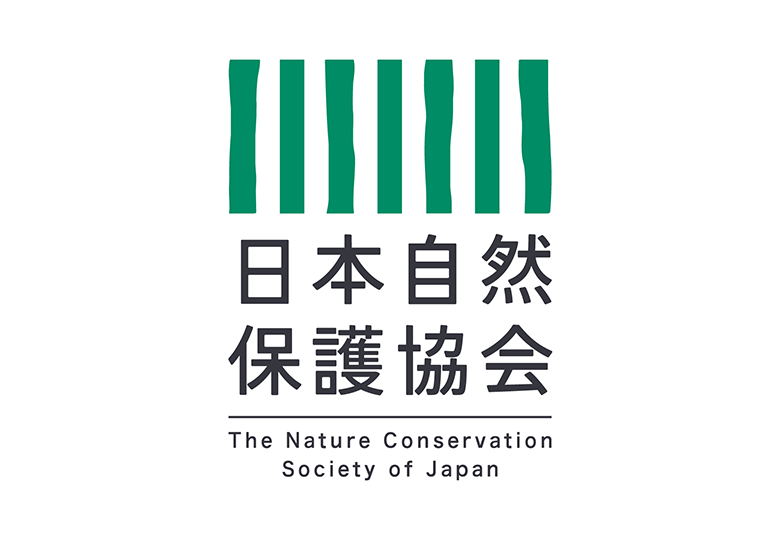
Nature Conservation Society of Japan (NACS-J)
WebsiteBacked by the support of 85,000 members and supporters nationwide, NACS-J is one of the oldest nature conservation NGOs in Japan. The organization engages in conservation activities based on scientific evidence. Placing emphasis on transparency and impartiality, the organization focuses on efforts to protect natural resources that are irreplaceable and cannot be restored when lost, such as endangered species and their habitats. NACS-J also contributes to local and regional development through the effective utilisation of natural resources. Finally, the organization seeks to provide opportunities for human beings to interact with, peacefully co-exist with, and protect nature. NACS-J also undertakes the role of secretariat for the Man and the Biosphere Programme Support Committee, which provides support for Biosphere Reserves in Japan.
-
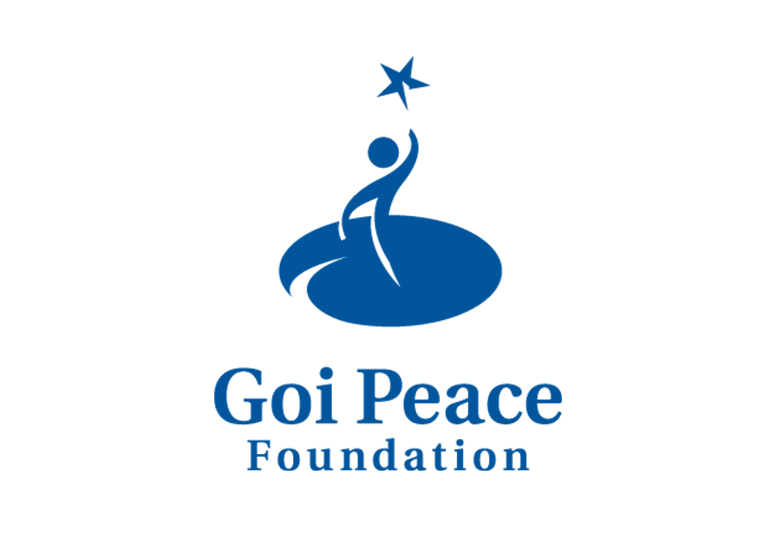
The Goi Peace Foundation
With the belief that peace begins in the hearts and minds of each individual, this public benefit organization is dedicated to fostering a sustainable and harmonious global society. The foundation promotes consciousness, values and wisdom for creating peace, and builds cooperation among individuals and organizations across diverse fields, including education, science, culture and the arts. It has developed various programs including youth education programs, based on the vision and principles expressed in its Declaration for All Life on Earth. It is an NGO in Special Consultative Status with the Economic and Social Council of the United Nations, and also maintains official relations with UNESCO.
-
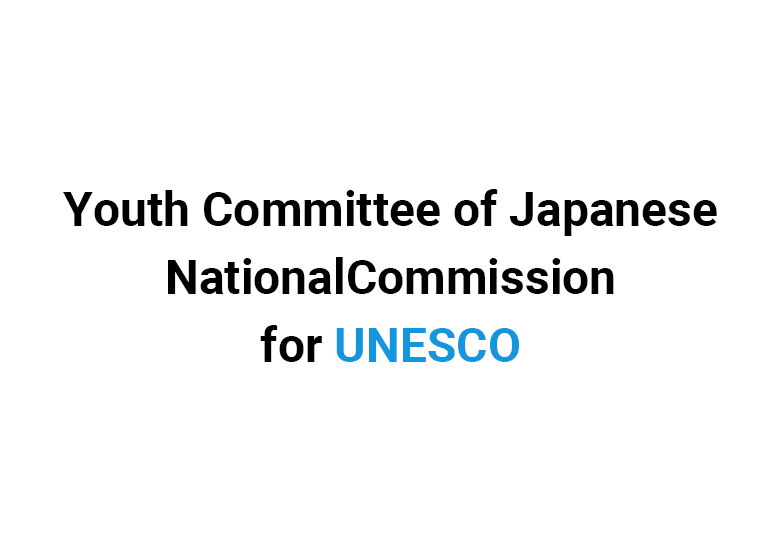
Youth Committee of Japanese National Commission for UNESCO
In conjunction with the 70th anniversary of Japan’s status as a member state of UNESCO in 2021, the Youth Committee of Japanese National Commission for UNESCO was established to build up a network for youth involved in UNESCO-related activities in Japan, reflect the voices of youth who will initiate future in Japan’s UNESCO-related activities, and increase the presence of Japanese youth at international conferences. The Youth Committee of Japanese National Commission for UNESCO was officially established under the Steering Subcommittee of Japanese National Commission for UNESCO in April 2023. In order to realise the recommendations formulated in March 2022, members of the committee continually work with stakeholders and related organizations on planning and organizing UNESCO related projects and events, etc.
